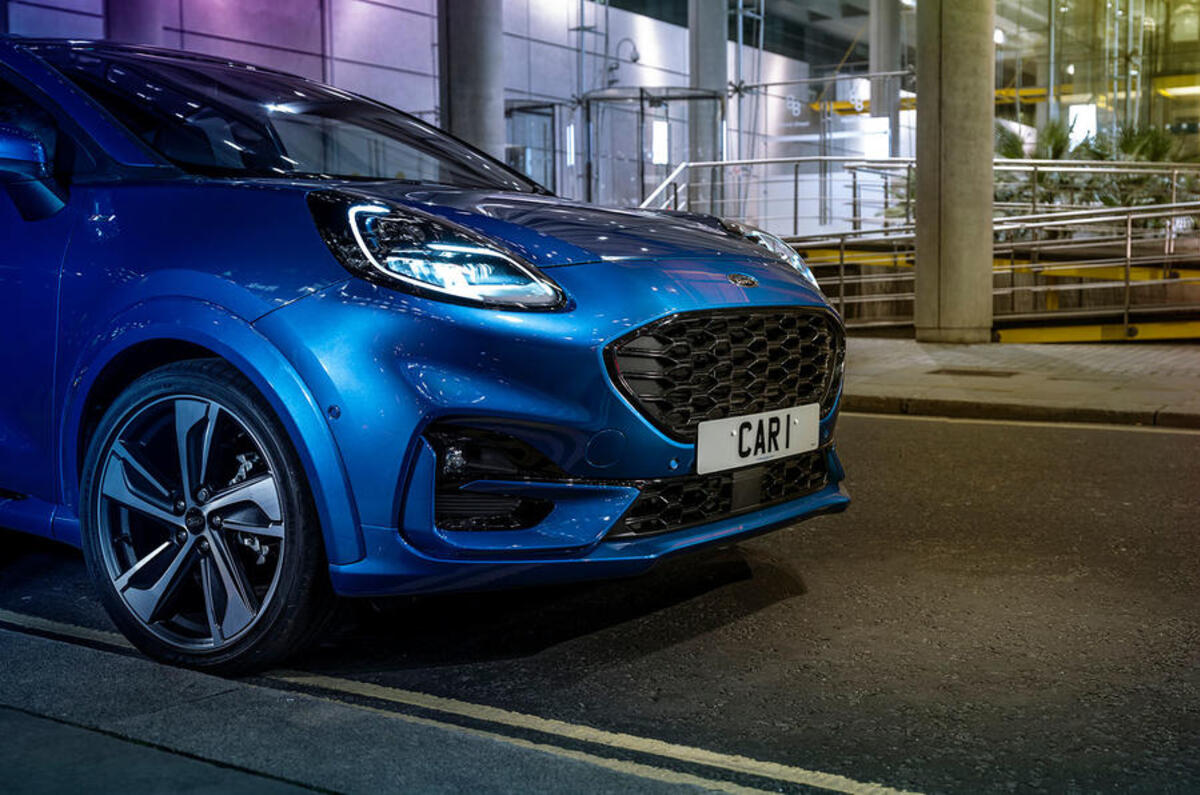UK new car sales slowed slightly in August as buyers held out for September’s numberplate change.
Figures released by the Society of Motor Manufacturers and Traders (SMMT) revealed registrations dipped by 1082 (1.3%) compared with August 2023.
Despite the dip, the market remains on course to beat its 2023 total of 1.9 million sales. So far this year, sales are up 480,443 year on year to 1.2m.
The Ford Puma, the best-selling car so far this year with 32,263 sales, topped the chart in August with 2471.
It was followed closely by the Kia Sportage, on 1962 sales, but the third-placed Nissan Qashqai ended up with just 1170.
Wins in August came in the form of hybrid car sales, up 3088 compared with last year, and EV sales, up 1870.
EVs' market share reached 22.6% in August, the highest for a month since December 2022, driven by some manufacturers discounting EVs in the face of £15,000-per-car fines under the UK's new zero emission vehicle mandate.
The SMMT forecasts some 364,000 EV sales in 2024 – below the mandated 22% proportion of overall sales.
As such, SMMT CEO Mike Hawes again used the figures to call on the government to reintroduce incentives for EV buyers and owners.
He said: “August’s EV growth is welcome, but it’s always a very low-volume month and so subject to distortions ahead of September’s numberplate change.
"The introduction of the new 74 plate, together with a raft of compelling offers and discounts from manufacturers, plus growing model choice, will help increase purchase consideration and be a true barometer for market demand.
"Encouraging a mass market shift to EVs remains a challenge, however, and urgent action must be taken to help buyers overcome affordability issues and concerns about charge-point provision.”








Join the debate
Add your comment
The usual cherry-picking spin in this article from both Autocar and the SMMT. EVs are at 23% and petrol sales are down. This is hugely significant and shows which direction the market is actually heading in. Plus the 3rd best selling car in August was the Tesla Model 3. Why not mention that Autocar? Presumably just because Tesla doesn't run ads in magazines. New Automotive is actually a better source of car sales data than the SMMT, because it's more honest and transparent.
The government are of the opinion that people are Borg-type idiots who will pay interest on a depreciating asset and then subject themselves to driving restrictions, fines and potential Co2 costs like parking permits and other green taxation. Not to mention that driving around the inner cities at 20 mph is not interesting. Better off in an Uber cab if you've not learned to drive and keeping hold of the car you already own if you have learned to drive and just want to keep driving to avoid insurance lapses and loss of skills.
Rather than forcing EV sales, maybe the government should be doing the opposite.
When sales were restricted during the Covid period, there was massively more demand than supply allowing manufacturers to sell EVs profitably - and encouraging purchase because the cars held their value well.
Right now there is less incentive to buy new because of severe depreciation (made worse by makers cutting prices) - and every encouragement to buy used because of widespread availability of secondhane EVs at bargain prices.
Could it be that the current strategy is actually stimulating ICE sales (many of which are in short supply) rather than doing the intended opposiute?